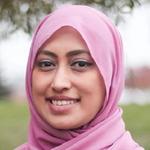How Community Organizer Hazel Gomez Works to Build a 'Madinah' in Detroit
Lifestyle
|
Jul 6, 2020
|
8 MIN READ
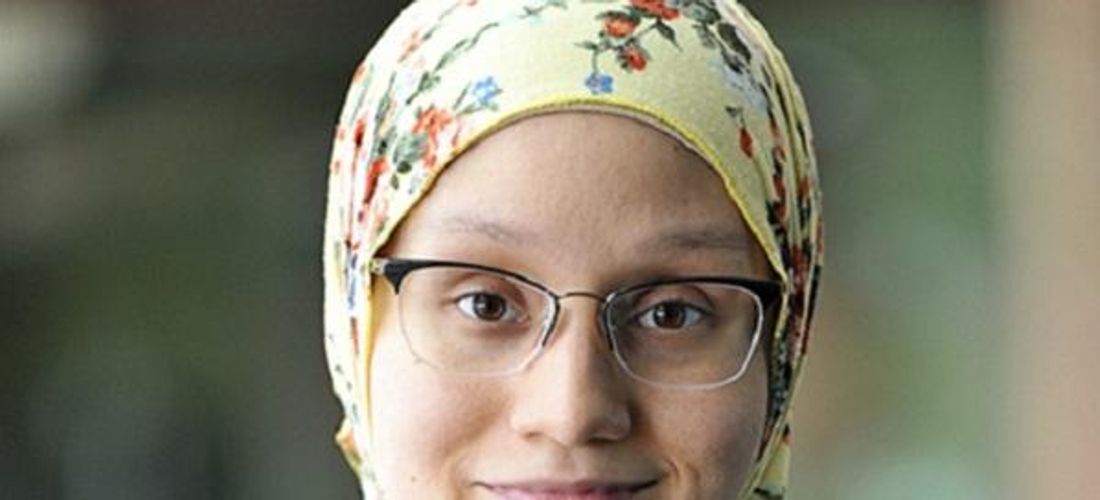
Editor's Note: We've been featuring dynamic Muslim women on the blog for awhile, and we are stepping it up with our summer series dedicated to ChangeMakers, women who are living boldly and working to affect change in a myriad of ways – big and small – through their work as community organizers, artists, scientists, activists, educators, health professionals, care givers and more. We hope you are inspired by them to be the change you are searching for in your community!
By Nargis Rahman
Hazel Gomez cruises down Lake Shore Drive, parks at the beach and gazes out at the skyline. She knows Chicago like the back of her hand. Her family was moved westward due to gentrification. The Chicago Cubs’ fan wears many hats – community organizer, mother, lifelong learner and educator. Fascinated by the systems of life, Hazel examines history to understand the present and future.
“I don't want anyone to experience the same pains I endured as a child. At first, this is why I involved myself in different organizations. I have always wanted to be a community resource for others. Now though, I've come to learn that I can be a resource and help others while being more intentional and specific in how I show up and share of myself and skill sets. As a dear friend and mentor once said, ‘Eventually you're going to have to stop organizing from your pain. How are we moving from shame and pain to power?’ I want to help empower others as we grow together.”
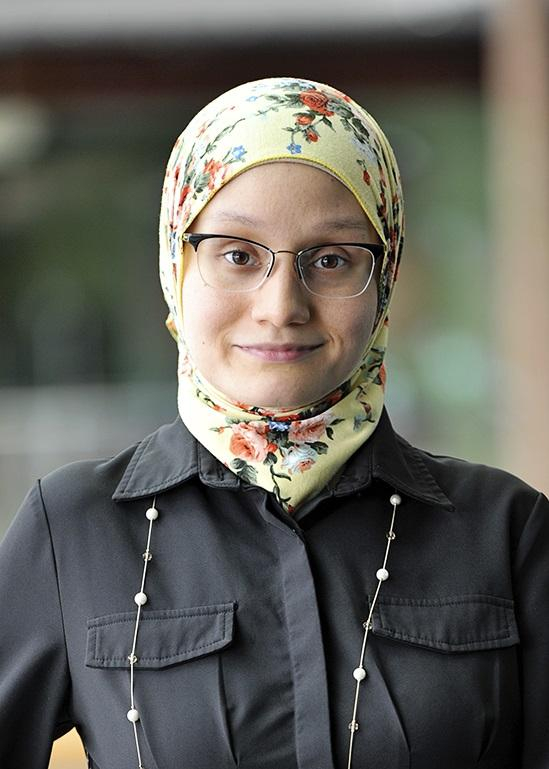
Hazel’s mission is to become a community resource. “The organizations I intentionally am a part of are a way to help anyone who may have been in a similar situation as myself.”
Puerto Rican with a Mexican Legacy
Hazel grew up with the values of 1940’s Puerto Rican and Mexican society, she says about herself. She was raised by her maternal Puerto Rican grandparents while her Mexican paternal grandparents lived a mile away. Her parents came in and out of her life during childhood. “[My] childhood was interrupted by a lot of the systems that make you realize the American dream is a fairy tale fed to many immigrant families,” she says.
Books became her refuge to make sense of the world. “[I had a] childhood full of books being my best friend.” She currently has more than 1,000 books in her collection.
Hazel studied at Northside College Preparatory High School, one of Illinois’s top public schools at the time. She graduated from Loyola University with a degree in forensic science. Her mother watched unsolved mystery shows and reminded Hazel to ‘be careful who you trust.’ All that led her to want to contribute to the world by helping disenfranchised communities prove their innocence.
“I looked at forensic evidence as the science where people try to legalize our God Given characteristics and identifiers in order to create a punitive system... traits that were going to solve innocence or guilt,” she says. Early on, though, she realized the system is flawed and goes hand-in-hand with a broken police system.”
Hazel took Islamic classes throughout her university experience, taking classes at school and weekend seminars at Chicago-land masajid. She says knowledge of the deen and dunya are both important.
“Knowledge is knowledge. In order to better understand who I am as ibadur rahman (servant of Allah) it’s important to work on myself as a Muslim woman working within this dunya. I strive to have an Islamic worldview in anything I do. I need to study my faith in order to even attempt to do that within a plural society,” she says.
She has been taking classes with Rabata, a women’s online Islamic seminary, for the past eight years. “Rabata and Sheikha Dr. Tamara Gray came into my life when I needed a guide,” she says, referring to when she became a wife and then a mother. Years ago she learned from a sheikh during an Islamic seminar that a child’s first university is his or her mother, which has influenced her as a parent. Hazel says, “While trying to grow I’m also hoping to teach my children along the way.”
She was attracted to Rabata’s diverse teachers, global students, focus on Islamic knowledge and spiritual reflection. The program helps women pursue Islamic sciences
“The beauty of Rabata is that it empowers women and helps them realize that once we strive to become better Muslims it affects every other aspect of our life. As women many of us tend to put ourselves, second, third or last. Rabata reminds us to tend to our physical spiritual mental well being,” she says.
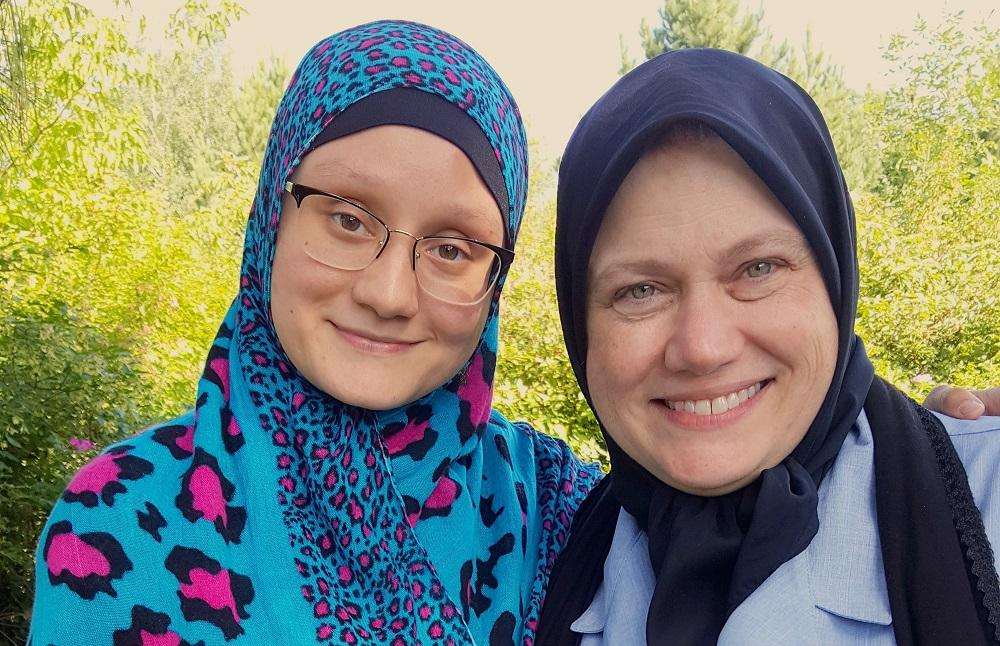
Hazel Gomez and Rabata's Dr. Tamara Gray
Path to Islam
In the freshman year of high school after first period, Hazel went up to a fellow student who was an Indian Muslim girl and dressed in an abaya and hijab. At the time, Hazel, who was 13-years-old, was confused as to why she was “dressed like a nun.” She was not aware that there were Muslims in India. “She laughed and said, ‘I am Muslim. This is why I dress like this.’” They’re both friends to this day.
Over time she befriended many Muslim girls who shared her Catholic religious values, such as no dating, without imposing their beliefs on each other. She noticed Muslims stuck together, despite cultural differences. She proceeded to study Islam for two years before converting at 18.
“When I started covering and walked around my neighborhood, elders would ask my family, ‘Hazel became Muslim. Is she okay?’ My Puerto Rican grandfather would say, ‘She dresses like Virgin Mary,’” she says. Her grandparents never imposed religion. They encouraged having a personal relationship with God.
“I was raised Catholic and went to mass. My grandfather was one of the helpers during Sunday mass. And so at first when I converted they were fearful. They thought I was confused, but to their friends they would defend me. Years later they became very respectful of our faith,” she says referring to her grandmother making special iftars to substitute pork in typical Puerto Rican dishes for her Muslim family.
“They thought I was being influenced by my friends. My grandmother said, ‘Once you start college you will leave Islam.’ Once they saw I would fast and pray and that I was less angry about life, they took me seriously, especially when I started college,” she says.
‘Community Building’ a Madinah
Hazel was drawn to Islam by the Prophet’s experiences – his approachable personality, one-to-one interactions and societal leadership. Each of us plays a role and must examine our strengths and weaknesses to contribute to society, she says.
She also focuses on those one-to-one interactions by creating intimate circles and engaging in storytelling, something she says is a rich tradition in the Islamic faith. “The storytelling aspect of my work is a reminder that [different things] affect everyone. I’ve got my own [that] I have gone through myself or [with] my family,” she says.
It’s important to “build a Madinah” grounded in faith, history and spiritual knowledge, Hazel says, adding that part of that work is done through storytelling.
In her early 20’s Hazel volunteered as a Spanish translator at IMAN’s health clinic, a community organization aiming for social change. This led to an organizing job and mentorship from executive director Rami Nashashibi. At IMAN, Hazel met her husband, Mark Crain, through their coalition work. They married in April of 2011.
In 2013 they moved to Detroit, Mark’s hometown. Mark was appointed as the executive director of Dream of Detroit. Hazel serves on the steering and organizing committees. Dream aims to create affordable housing justice, community development and resources for people to live in the the neighborhood around the Muslim Center neighborhood in Detroit post 2008 recession. “The city had no plan to invest in this community,” says Hazel. They both live in the neighborhood with their two sons.
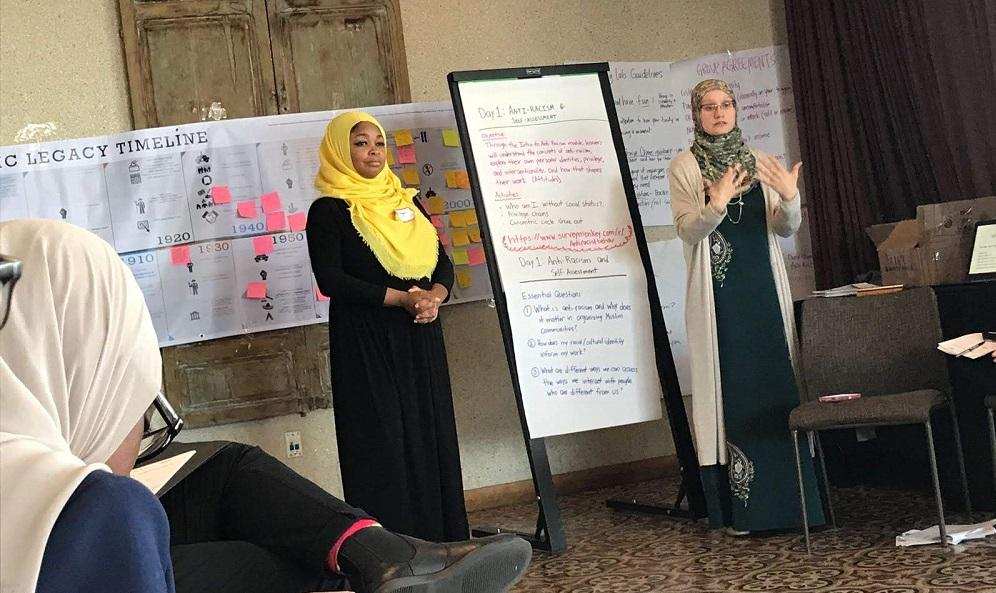
Hazel conducting trainings for MuslimARC alongside Margari Aziza
In 2016-2017 she worked as a researcher for Institute for Social Policy and Understanding's Muslims for American Progress Michigan project to gather demographic information and highlight the contributions of Muslims in various professions. From there she moved on to Muslim Anti-Racism Collaborative, where she served as board member for two years for the organization, which focuses on racism and heart work. It resonated with her experiences of being asked ignorant questions and stereotyped as a “feisty or spicy” Latina.
Hazel is now a trainer with the collaborative Muslim Power Building Project, bridging organizers with self-reflection to overcome implicit bias, which brings together her religious studies and organizational skills. “MPBP allows us to pause, train, teach, and engage Muslims across the country and mentor them in whatever work they are doing and on a more personal level,” she says.
Recently she worked with Believers Bail Out, to create language for zakat-eligible opportunities to bail out Muslims in pretrial incarceration and ICE custody. The program hits close to home, as she has personally seen family members torn by the prison system.
Latina at heart, Muslim in spirit
Hazel says Latinx Muslims are largely invisible. “Latinx are often forced to learn about Muslim majority cultures of the space or communities without people taking the time to learn who that person is under of the umbrella of Latinx cultures because they have stereotypes of who we are and would rather believe the stereotypes than sit down and get to know us.”
She says people need to learn about the Latinx community in turn instead of expecting them to fit in and give up who they are.
In the Quran, Allah tells us to get to know one another, Hazel says. “We should learn about our own history about the United States as well as one another’s to understand what keeps us apart. We unintentionally follow those patterns and never truly be [together] in community with one another,” she explains. “The Quran is full of stories we are meant to gain lessons from.”
Latinx Muslims are cultivating their own identity that includes authentic Islamic resources in Spanish, halalyfing recipes, and holding onto cultural practices that have a place within Islam. The first known Latino Muslim institution was Alianza Islamica in the 1970’s in New York. There is one Spanish masjid, IslamInSpanish Centro Islamico in Houston and the nonprofit La Asociación Latino Musulmana de América (LALMA) has weekly classes at the Omar ibn Al-Khattab Masjid in Los Angeles.
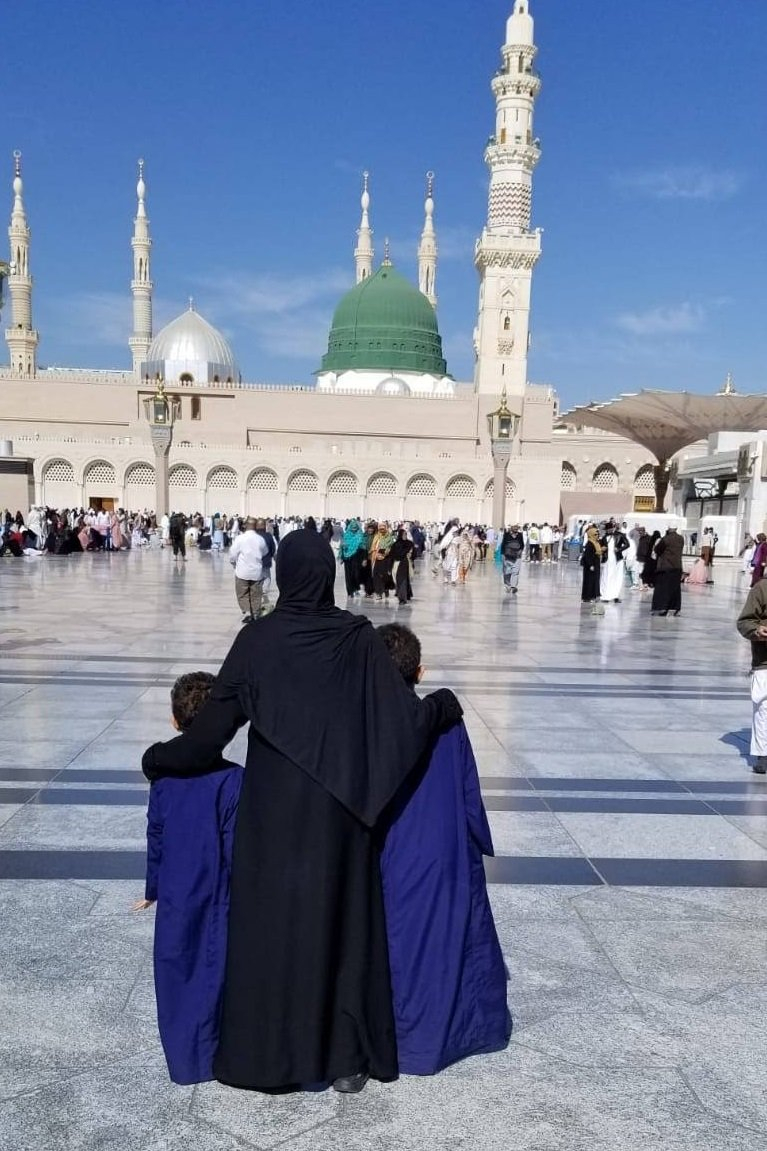
(Image: Hazel and her children in Madinah) The immigrant experience that many Latinx Muslims have is a rich, untapped treasure of communal experiences that should be appreciated by and shared with other immigrant communities, which sadly doesn’t happen often enough, says Hazel.
“Latinx Muslims can be a bridge with the various communities,” she says. “We have been here for a long time. For some of us the border crossed us, for some of us our African ancestors were forced here and built these nation-states. Because of that we have been affected by policies that discriminate [against] our communities and African American communities, such as redlining, police brutality and immigration.”
She says, “Latinx people are the fastest growing population converting to Islam. It’s incumbent on the Muslim community to be welcoming and not ignore us.”
Meanwhile Hazel says it's important for people to surround themselves around those who bring out the best in them.
“An integral part of our faith that our Islamic calendar started when a new community was formed and mentorship between the Muhajireen and the Ansar took place. We should be mentoring, helping, growing with one another.”
Subscribe to be the first to know about new product releases, styling ideas and more.
What products are you interested in?

